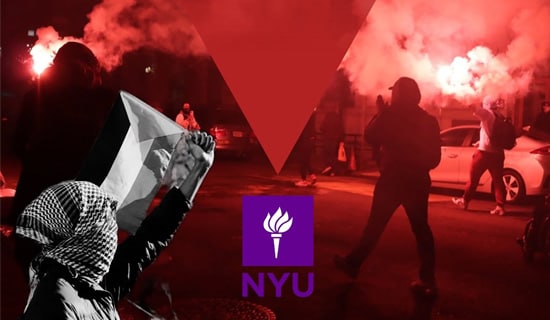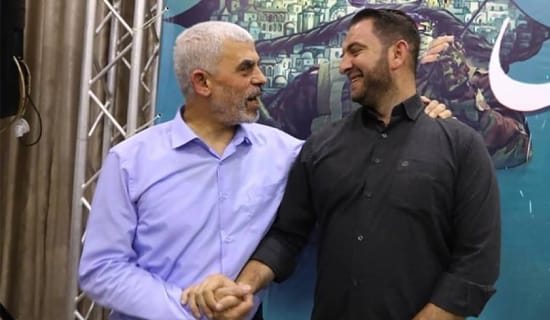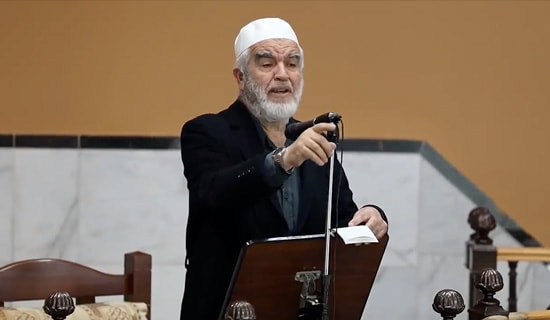Saudi Interior Minister Prince Na'if bin Abd Al-'Aziz has recently published statements in the Saudi press condemning extremism and terrorism in Saudi Arabia and calling for their eradication. In the statements, Prince Na'if contended that his country was not exerting sufficient effort to combat extremist ideologies, and called on Saudi clerics, intellectuals, and institutions of higher education to intensify measures to counter these ideologies.
Following are excerpts from some of Prince Na'if's statements:
Every Citizen Must Act As If He Were a Senior Security Officer
During an October 2, 2008 meeting with senior officials of the Saudi Ministry of Interior, held in his Jeddah residence, Prince Na'if stated: "I appeal to the clerics, the intellectuals, and to all my compatriots - each according to his position and ability - to help [fight terrorism]. An [ordinary] citizen must act as if he were a senior [member of the] security [forces], since a security [officer] is a citizen by virtue of his being a security [officer], and everyone has a responsibility [to act as if he were a security officer]… Everyone should realize that we are dealing not just with people, but with an opposing ideology…" [1]
Prince Na'if also warned about the danger inherent in the Al-Qaeda ideology, stressing that it still posed a threat to the security of Saudi Arabia. [2]
Saudi Mosques Have Failed at the Task of Combating Ideological Extremism
In an address delivered October 15, 2008, at a symposium on what he termed "ideological security," Prince Na'if stated that, as far as security was concerned, Saudi Arabia's efforts to combat terrorism had been both courageous and successful, but that in combating ideological extremism, the Saudi mosques had failed to fulfill the task expected of them - that is, preaching tolerance. He contended that the global increase in crime demanded close cooperation between security [apparatuses] and educational institutions. [3]
Saudi Universities Must Address the Problem of "Ideological Security"
SUPPORT OUR WORK

During a meeting with the teaching staff of the Umm Al-Qura University in Mecca, on the sidelines of the aforementioned symposium, Prince Na'if called on [Saudi] universities to "address [the problem of] ideological security using theoretical and practical means available to them." He added: "…In addition to private universities, there are 20 government universities in Saudi Arabia, all capable of promoting the kind of education that would destroy misconceived ideas and replace them with those derived from the Koran, which are correct… We are asking our universities… to carry out research that will help to topple [the current] deviant ideologies, which have nothing to do with Islam and [only] harm it. Among the elements that must fight [such] deviant ideologies, the foremost are our clerics, led by the Mufti… Furthermore, 15,000 mosques in Saudi Arabia hold Friday prayers, and all of them can use their pulpits to guide the public along the right path and prevent it from going astray…" [4]
Terrorism Has Come To Be Regarded as an Integral Part of Islam - And To Be Attributed to All Muslims
Several days later, Prince Na'if reported that 991 extremists had been accused of involvement in terrorist [activities] in Saudi Arabia, and that they would stand trial. He explained that in addition to accusing [Saudi] society of heresy, "these criminal murderers have carried out over 30 terrorist operations against civilians… security personnel, and the motherland…"
Prince Na'if proceeded to describe the damage that terrorists had caused Saudi Arabia, explaining that not only had their activities harmed the country's reputation worldwide, but that terrorism had come to be regarded as an integral part of Islam and to be attributed to all Muslims. He went on to praise Saudi security forces' efforts to combat terrorism, stating that so far they had managed to prevent over 160 terrorist operations. [5]
It should be pointed out that the Saudi Shura Council is currently debating a bill that would punish extremists involved in terrorism and in other activity undermining state security. A Shura Council source disclosed that "the new law will deal with all forms of organized crime as well as with terror-related activity, and the punishment of those involved in such activities will be death."
Prince Na'if said in this regard that various crimes, including bombings, kidnappings, and terrorizing people in the Saudi Kingdom, were crimes of haraba. Such crimes, defined in the Koran as acts of "spreading corruption and chaos around the world," are characterized by the shari'a as especially grievous, and as punishable by death. [6]
Endnotes:
[1] 'Okaz (Saudi Arabia), October 3, 2008.
[2] 'Okaz (Saudi Arabia), October 13, 2008.
[3] 'Okaz (Saudi Arabia), October 16, 2008.
[4] Al-Hayat (London), October 18, 2008.
[5] 'Okaz (Saudi Arabia), October 21, 2008.
[6] http://www.arabnews.com, November 24, 2008.




